Six-year-old California tech outfit Kodiak Robotics is normally focused on helping trucking companies expand their fleets with autonomous big rigs. As a side dish, Kodiak's showing a new toy as a potential addition to the U.S. Defense Department's expanding catalog of commercial technology. The company produces a modular self-driving suite called Kodiak Driver that it says can be adapted to any kind of vehicle. SensorPods that look like a secondary set of large side view mirrors gather information on the environment using cameras, radar, and LIDAR. The Guardian control computer applies that information to control the vehicle's primary and redundant steering and braking systems. This is the firm's first military prototype, "designed to provide the military with technological superiority while removing service members from high-risk reconnaissance missions." Kodiak says building this onto a Ford F-150 took less than six months.
One interesting aspect of Kodiak Driver is that the company makes a point of saying, "We don't use hyper-detailed maps like most in the autonomous vehicle industry do. That's because overloaded maps with to-the-inch precision aren't ideal for autonomous movement. Kodiak Maps contain everything needed to drive safely in any environment." We're not sure how that would work in a military area of operations, but we'd think any leeway in precision afforded the system would improve the chances of successful runs. Kodiak says its pickup is "designed to handle complex military environments, diverse operational conditions, and areas with degraded GPS, as well as off-road variables like rocks, dust, mud, and water."
More interesting bits are that the Kodiak Driver can be controlled remotely, and we're told the DefensePod — an adapted SensorPod specific to this application — can be swapped in the field "in 10 minutes or less, with no specialized training required."
Now the rig begins demonstrations for the Defense Innovation Unit (DIU), one of the departments in the U.S. Department of Defense working to incorporate the latest commercial technology into military fleets. The DIU awarded Kodiak Robotics a $49.2 million contract in October 2022 to develop an entry for the Army's Robotic Combat Vehicle (RCV) program. Said Brigadier General Geoffrey Norman, director of the Next Generation Combat Vehicles Cross Functional Team, "Human-machine integrated teams are the future of successful ground combat in the land domain. Bringing RCVs into our formations will give our Soldiers new capabilities to fight and win with the changing character of war.”
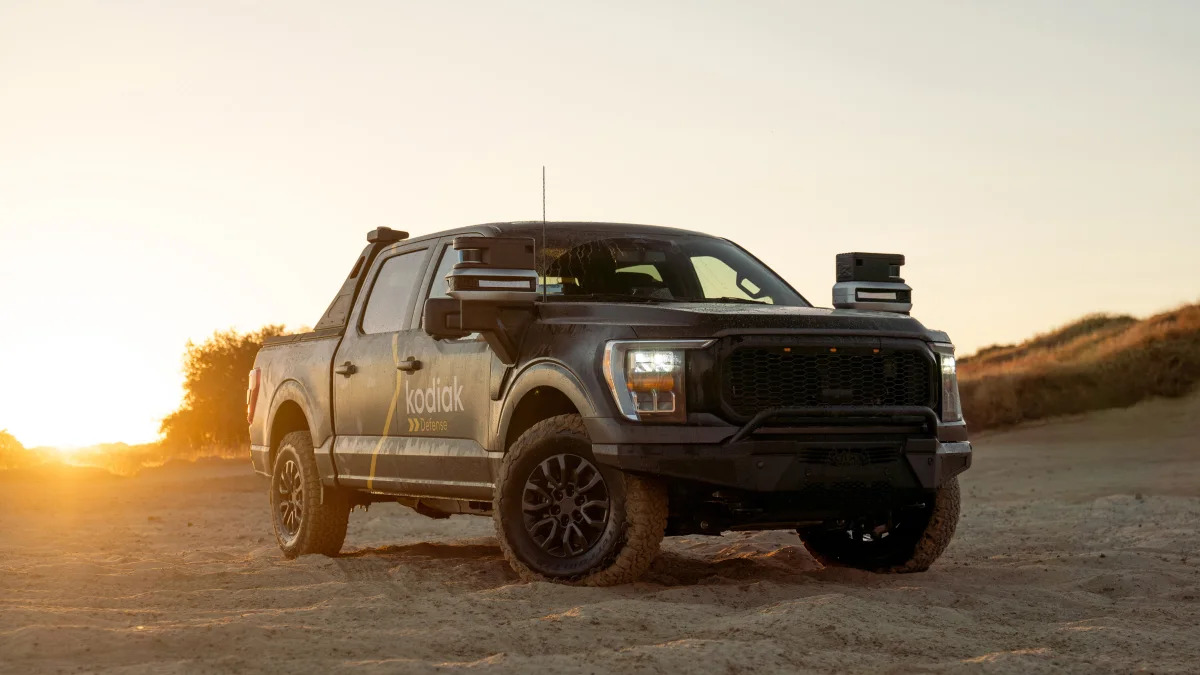
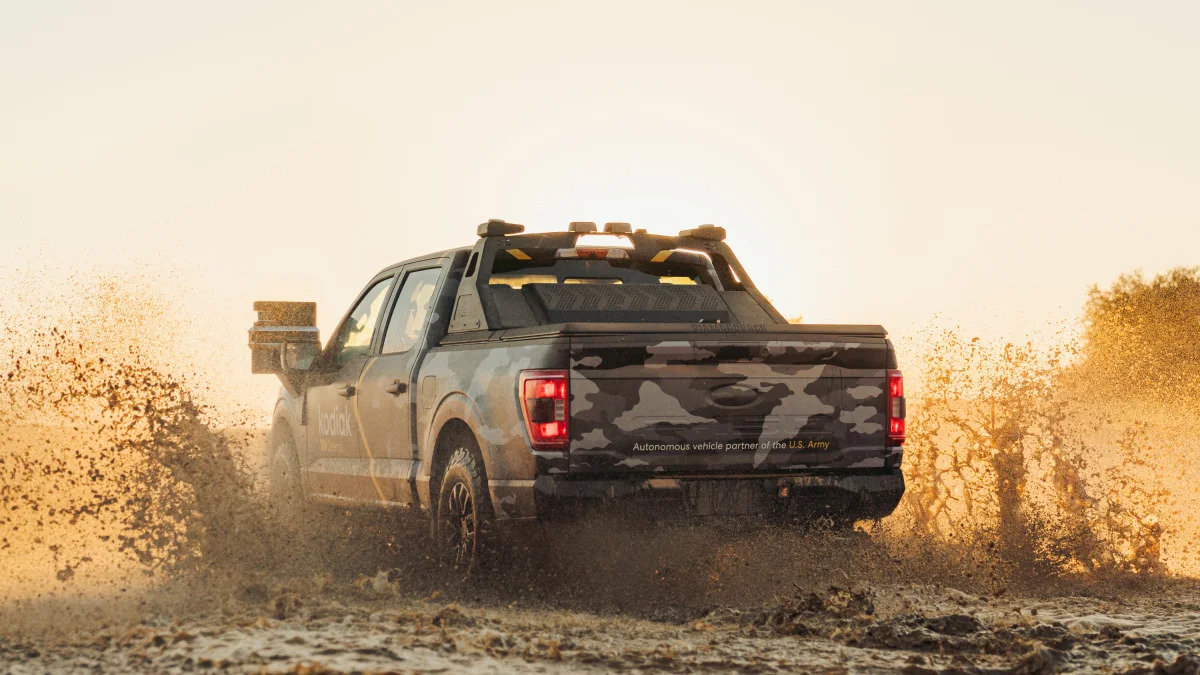
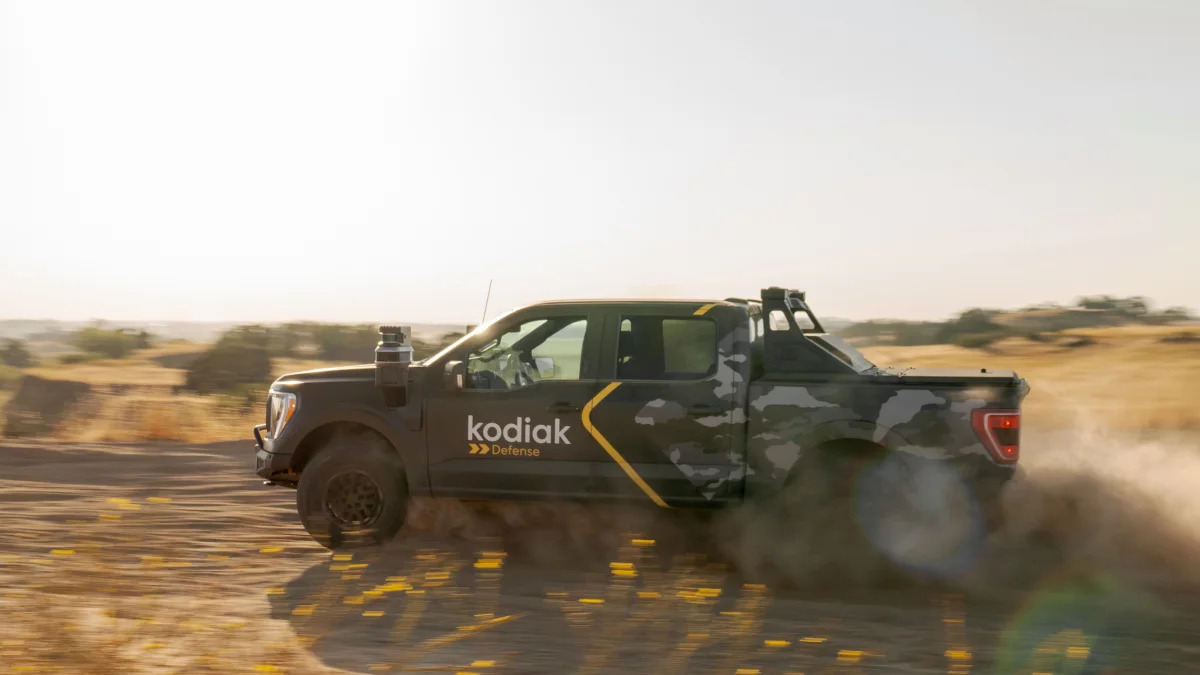
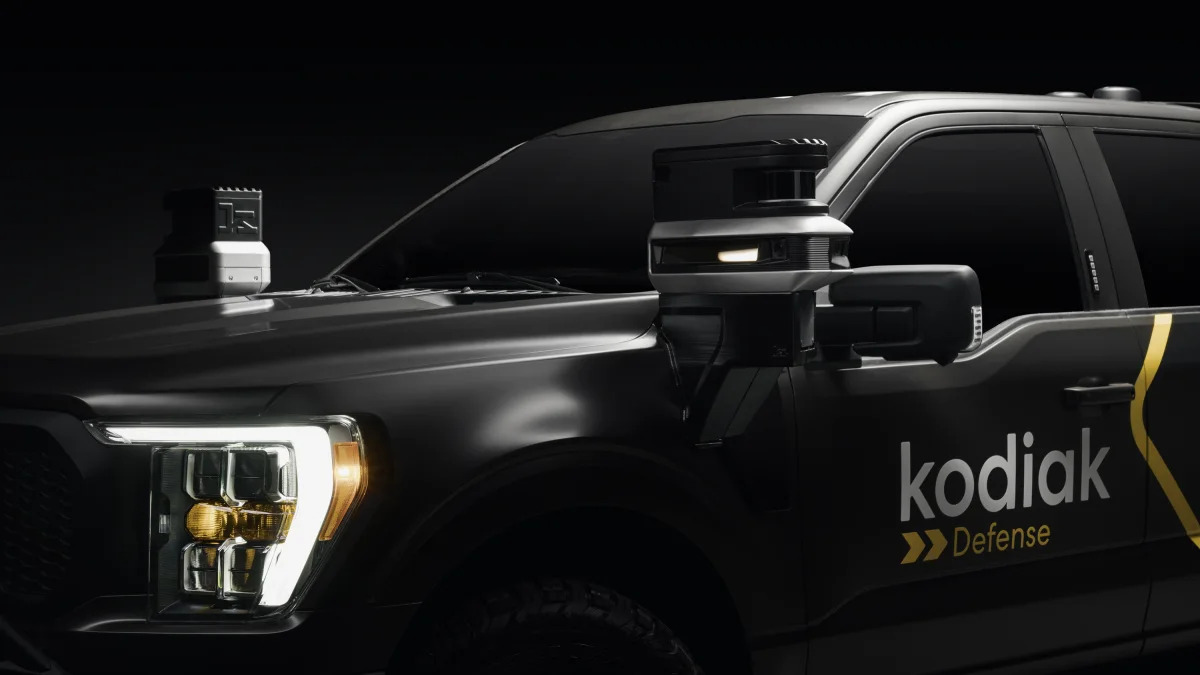
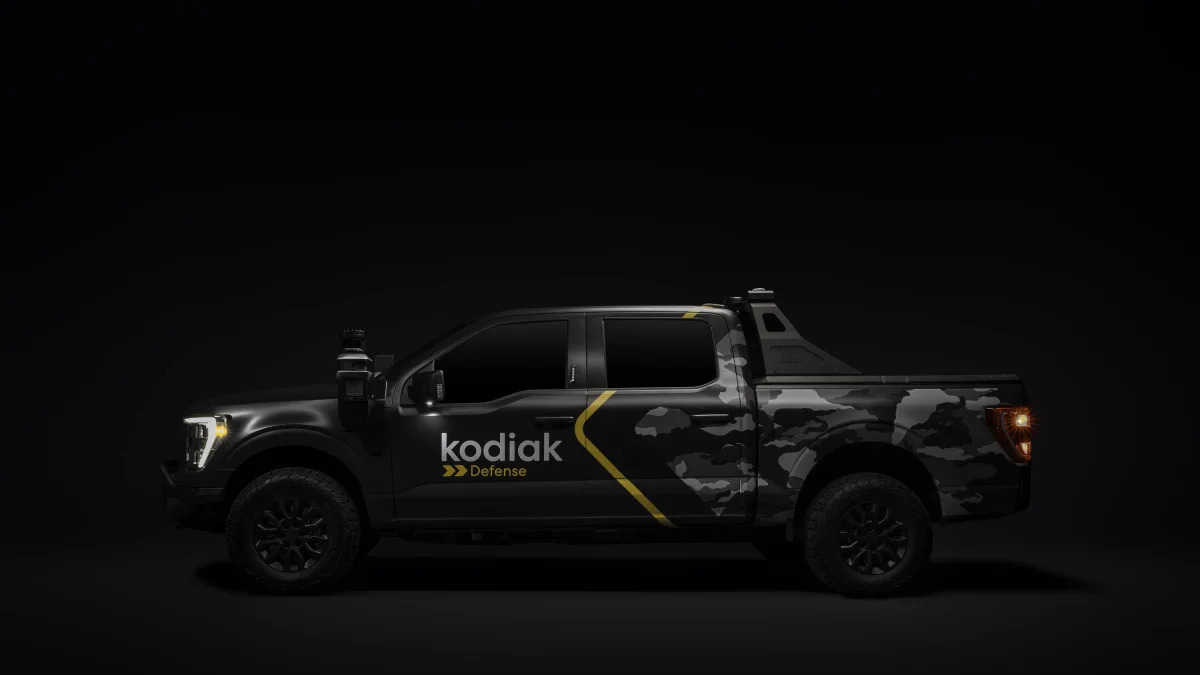










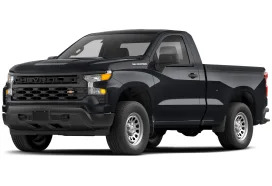
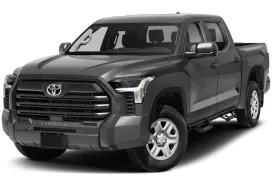

Sign in to post
Please sign in to leave a comment.
Continue